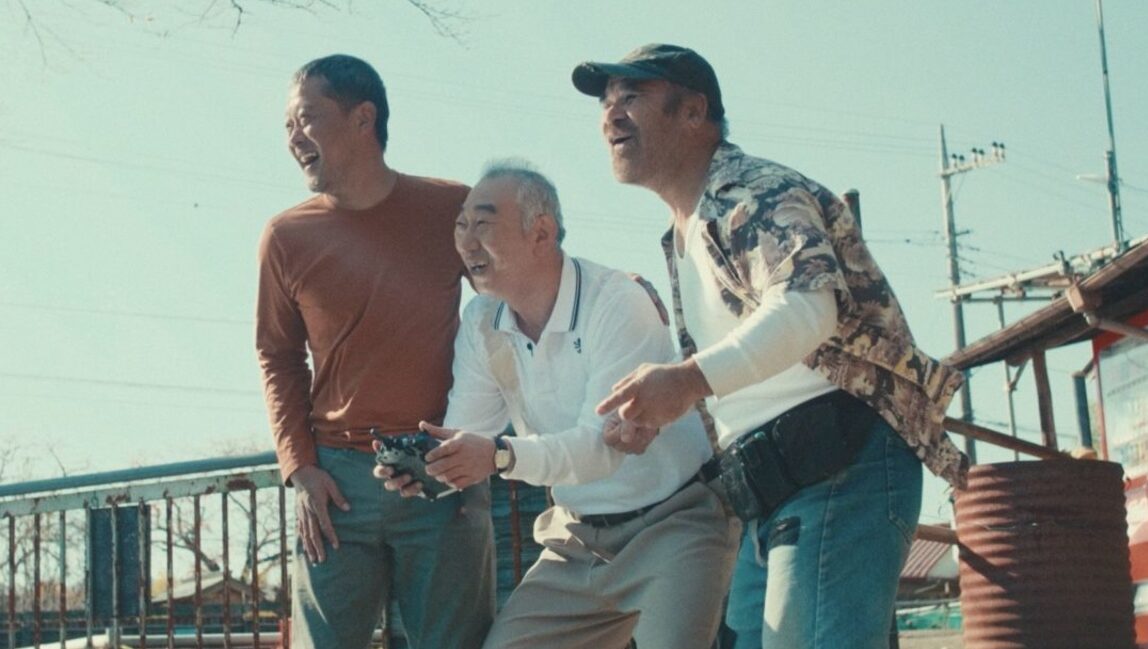Being Natural is one of those impossible objects, difficult to talk about without spoiling but also not particularly interesting to think about without acknowledging its bizarre narrative left turn. The film begins as a kind of genteel portrait of Taka (Yota Kawase), who lives in the country and cares for his elderly, senile uncle. When the uncle passes away, Taka must navigate some typical family drama, ultimately finagling his way into staying in the uncle’s large home and working for his cousin, a middle-aged divorcee who’s recently returned from the city. We are also introduced to the Kurihara family, urban transplants who flee the congestion and pollution of Tokyo to seek peace in a small town. The Kuriharas are city-slicker-hipster caricatures, pontificating on healthy, organic living, and fetishizing the countryside as a purer place, alienating their teenage daughter in the process. Director Tadashi Nagayama invokes a calm, almost serene pace in the first half of the film, setting up various conflicts but then ending them quickly, without much incident or fuss. It’s idyllic, with Taka’s character setting the goofy, almost cornball tone, content to take in the scenery and play on his bongo drums.
It’s all a lovely, pastoral vision of unencumbered living. Then, without warning, the Kurihara family reveals its true face, charging Taka with bogus claims of pedophilia and usurping his home for their own use (opening an organic, healthy eating café). This is pure tonal whiplash, and that’s even before these brief intrusions of magic realism give way to a full-blown surrealist meltdown, involving violent revenge, exploding heads, and a glowing gold figure stalking through the city. It is, finally, in the film’s coda that Nagayama reveals himself to be a master troll, as a bird feasts on a decomposing corpse while discordant, high pitched noise metal/jazz blares on the soundtrack (think John Zorn and Merzbow). One is tempted to give Nagayama credit, just for simply not giving a fuck, but the result is also not particularly satisfying. Once you get the joke, and understand that the audience itself is the butt of that joke, there’s not much left to work with. Ultimately, this is sneering sarcasm blown up to 90 minutes, without the willingness to truly transgress, ala Sion Sono or Takashi Miike. Nagayama has a good eye, knows how to use the camera, and gets fine performances from his cast. If he can put childish pranks behind him, maybe he could make a real movie.
Published as part of Japan Cuts 2019 | Dispatch 1.







